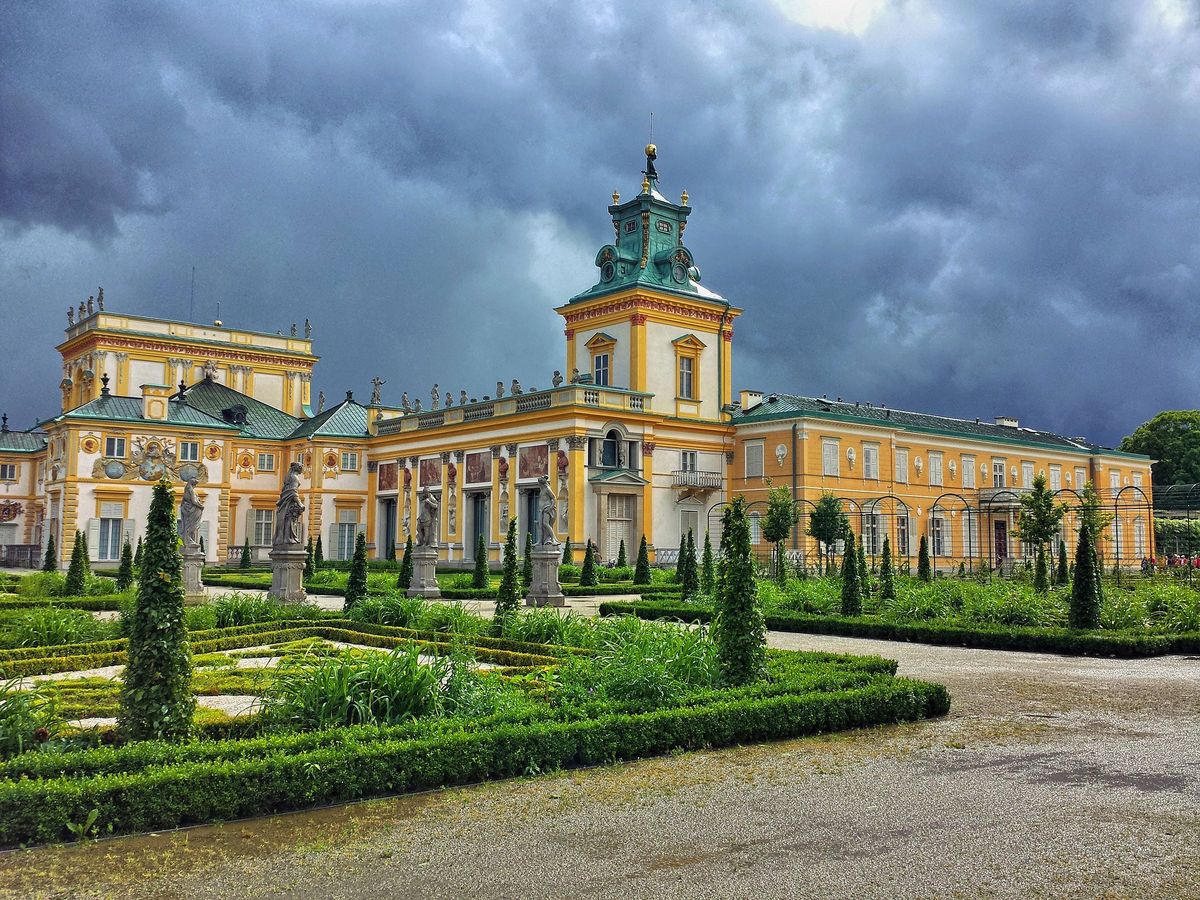Last week, Poland cancelled a visit from an Israeli delegation over growing tensions between the two countries over the restitution of Jewish property seized during and after the Holocaust. While the present Polish government seems intent on rewriting history by passing a law making it an offence to accuse Poland of complicity in atrocities during the Second World War, the facts remain: many Poles were indeed involved in the genocide that befell many of their fellow citizens, while many other Poles were helpful in saving the lives of those persecuted.
As the US government applies its Justice for Uncompensated Survivors Today (JUST) Act, also known as the “447 law”—which requires the US State Department to report to Congress on the restitution records of Poland and other countries regarding Jewish assets seized during the war—it is helpful to consider some important aspects of Poland’s history. The Jewish population of Poland experienced the highest genocide rate of any country, with around three million deaths. However, non-Jewish Poles were also victimised, with another three million losing their lives. Unlike the French and Dutch, for example, the Nazis considered the Slavic race, including Poles, to be inferior.
Towards the end of the war, the communists took control of Poland and introduce a number of anti-Semitic policies, making it virtually impossible for despoiled Holocaust victims to claim back their property, including their beloved art—a situation that virtually blocked any chance of restitution for almost 45 years. Added to this was the fact that during the communist era, people of Jewish heritage were forced to leave behind almost all of their personal belongings, including religious books and other items of financial and sentimental value.
With these facts in mind it is understandable that Polish people feel victimised, and that they certainly and rightfully demand the return of their looted art. In fact, we have seen just how zealous the Polish government can be in the case of Alexander Khochinsky, who was arrested by the FBI in February after he was accused by the Polish government of illegally possessing the painting Girl With a Dove (1754) by Antoine Pesne, which had apparently been acquired by his father. When Khochinsky tried to leverage his possession of this allegedly looted work in exchange for the return of his family’s looted property in Poland, the Polish authorities became irate and sought his extradition and arrest. All of this is ironic when we consider that Poland signed the Washington Declaration in 1998, agreeing to its 11 principles to facilitate the restitution of looted works and violating almost all of them.
Even more surprising is the fact that the Polish government engages foreign government agencies, such as the FBI, to recover looted works without the knowledge or consent of the families from whom they were stolen, only to keep them in Polish-controlled museums, doing whatever necessary to thwart any attempts of claimants to recover such stolen property. For example, in the case of the aristocratic Branicki family, who were persecuted during the war, the Polish government engaged the services of third parties to recover two looted works, which should then have been placed “on deposit” in a Polish museum so the family could readily recover them. Instead, the government placed the paintings in Wilanow Palace, which had been previously seized from the family by the government. As a result, the works now form part of the state-owned contents of the palace, which the government refuses to return to the family in a dispute that has dragged on for three decades.
Naturally, one would think the Polish government would be far more sympathetic to victims of Holocaust-era despoliations, given its own experiences and penchant for aggressively seeking the recovery of works looted from Polish museums. Such hypocrisy is somewhat analogous to the policy of foreign agencies, which continue to help Poland recover looted works, at the expense of taxpayers, while at the same time insisting that the country should be more proactive in restitution and apparently doing little else but making such unilateral requests.
While many of the countries that signed the Washington Declaration are publishing lists of suspicious works and facilitating just and fair restitution solutions, Poland continues to ignore its obligations and makes the situation more unpalatable by creating serious roadblocks for claimants. Perhaps the new EU resolution to identify and recover looted works and cultural goods, passed in January, will encourage Poland to be more reasonable, whether by its own volition or as a result of the efforts of foreign governments and agencies upon which Poland relies.
• James Palmer is the founder of Mondex, a company devoted to tracing lost art


